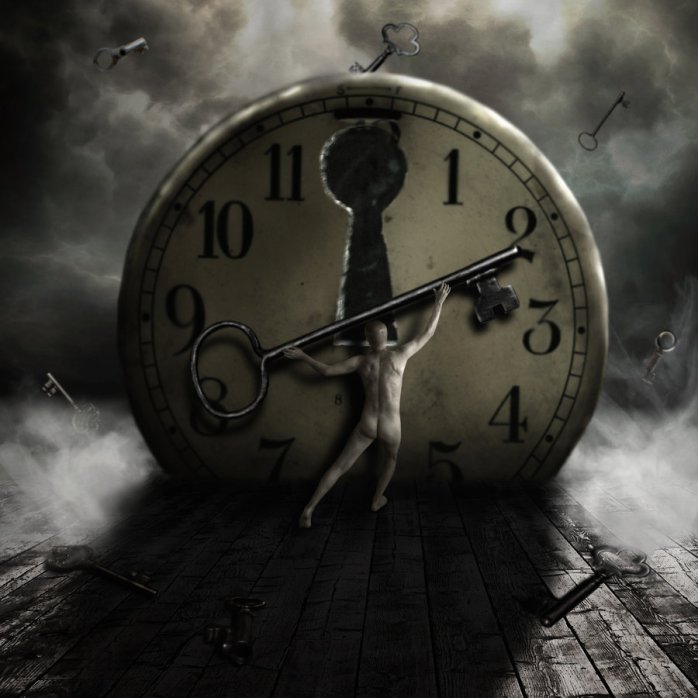Immortality
Immortality, is a typical Kundera read, about a few characters. One is not just reading a story, where things happen sequentially, here Kundera is in conversation with you. Kundera dissects the characters, explaining what they are thinking, the philosophy, his usual digressions.
“To be mortal is the most basic human experience, and yet man has never been able to accept it, grasp it, and behave accordingly. Man doesn’t know how to be mortal. And when he dies, he doesn’t even know how to be dead.”
Kundera writes about minor immortality, where a person is immortal in the memory of those who knew the person, and the great immortality, where a person is alive even in the memory of those who did not know him personally. The novel was written in 1990, before the advent of the Internet. I am curious to know what’d Kundera think now? Taking a selfie with some actor or a politician and uploading it on social media, is our way to feel a part of that great immortality and in turn aspiring for it as well. Most of us are in search of that immortality, and social media gives an outlet for us, a chance to continuously let people know that we exist. But when the time comes, when we know that we will die at certain point in our lives, what will happen to all the updates, photos, and selfies posted on our social media account? Do we delete the accounts and wither off? Or do we die and let our comments, likes, and dislikes, linger in the virtual world, achieving immortality somewhere. Ensuring that we do not die with the memories. The memories exist on Internet, a proof that we lived.

While reading the book, I came across a fascinating word, which probably Kundera has coined, ‘imagologue’. Kundera writes, “Public opinion polls are the critical instrument of imagology’s power, because they enable imagology to live in absolute harmony with the people. The imagologue bombards people with questions: how is the French economy prospering? is there racism in France? is racism good or bad? who is the greatest writer of all time? is Hungary in Europe or Polynesia? which world politician is the sexiest? And since for contemporary man reality is a continent visited less and less often and, besides, justifiably disliked, the findings of polls have become the truth. Public opinion polls are a parliament in permanent session, whose function it is to create truth, the most democratic truth that has ever existed.” Opinion polls about Trump losing, or Hilary winning, all create truth, because that is what the public believes.
Kundera further writes, “The politician is dependent on the journalist. On whom are the journalists dependent? On imagologues. The imagologue is a person of conviction and principle: he demands of the journalist that his newspaper (or TV channel, radio station) reflect the imagological system of a given moment. And this is what imagologues check from time to time when they are trying to decide which newspaper to support.” What Kundera has written is eerily similar to the times we live in. Where a famous journalist from India caters to the imagologue, and declares that, ‘if one has to be a journalist, one needs to be a nationalist first.’ Everyone wants their slice of the great immortality perhaps, journalists are no exception.
Hi! I am a robot. I just upvoted you! I found similar content that readers might be interested in:
https://shantanug.wordpress.com/2017/05/28/immortality/
Hi, that's my blog. :)